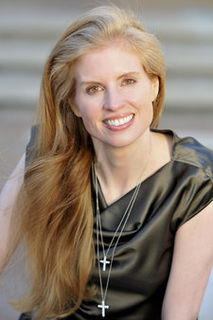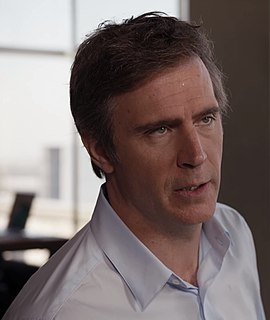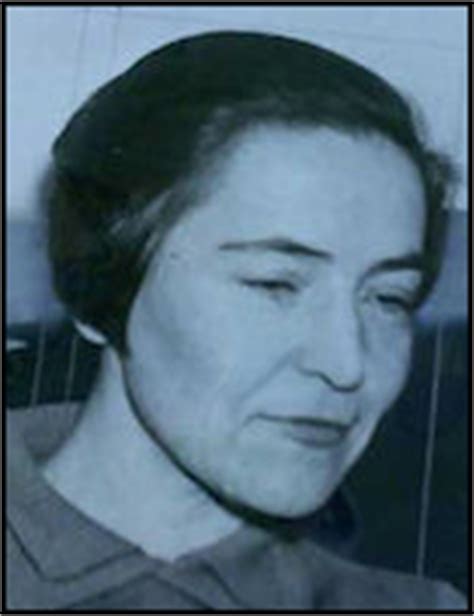A Quote by Edward de Bono
I do a great deal of work with young children, and if you give a child a problem, he may come up with a highly original solution, because he doesn't have the established route to it.
Related Quotes
International adoption does not begin to solve the problems of the world's orphaned children. It's truly not the answer. At the same time, it solves a problem for a few. I think it can be a brilliant solution to the problem of adults wanting a child in their lives or wanting more children in their lives and the problem of children who want parents in their lives.
When you start looking at a problem and it seems really simple, you don't really understand the complexity of the problem. Then you get into the problem, and you see that it's really complicated, and you come up with all these convoluted solutions. That's sort of the middle, and that's where most people stop... But the really great person will keep on going and find the key, the underlying principle of the problem - and come up with an elegant, really beautiful solution that works.
Because adoption meets the needs of children so successfully, and because there have long been waiting lists of couples hoping to adopt babies and children, it would seem that the solution for abused or neglected kids was obvious. But not to the do-gooders. To remove a child from an abusive parent, sever the parent's parental rights, and permit the child to be adopted by a couple who would give the child a loving home began to seem too 'judgmental.'
I think that there is only one way to science - or to philosophy, for that matter: to meet a problem, to see its beauty and fall in love with it; to get married to it and to live with it happily, till death do ye part - unless you should meet another and even more fascinating problem or unless, indeed, you should obtain a solution. But even if you do obtain a solution, you may then discover, to your delight, the existence of a whole family of enchanting, though perhaps difficult, problem children, for whose welfare you may work, with a purpose, to the end of your days.
Please don't kill the child. I want the child. Please give me the child. I am willing to accept any child who would be aborted, and to give that child to a married couple who will love the child, and be loved by the child. From our children's home in Calcutta alone, we have saved over 3,000 children from abortions. These children have brought such love and joy to their adopting parents, and have grown up so full of love and joy!
We [the USA] do have a big nation's problem. We have the problem of a nation that's got two oceans, oceans on either side. People come from all across the globe and want to live here and they want to work here and they want to invest here. And that's a good thing. And they make up this country. But as a people, we [americans] are not highly skilled in languages. We're not highly skilled in knowledge of other cultures. And that's a problem.
A great discovery solves a great problem, but there is a grain of discovery in the solution of any problem. Your problem may be modest, but if it challenges your curiosity and brings into play your inventive faculties, and if you solve it by your own means, you may experience the tension and enjoy the triumph of discovery.
If responsibility for the upbringing of children is to continue to be vested in the family, then the rights of children will be secured only when parents are able to make a living for their families with so little difficulty that they may give their best thought and energy to the child's development and the problem of helping it adjust itself to the complexities of the modern environment.
Just like Pharaoh couldn't get a solution to his problem until he talked to Moses, or Nebuchadnezzar or Belshazzar couldn't get a solution to his problem until he talked to Daniel, the white man in America today will never understand the race problem or come anywhere near getting a solution to the race problem until he talks to The Honorable Elijah Muhammad.



































